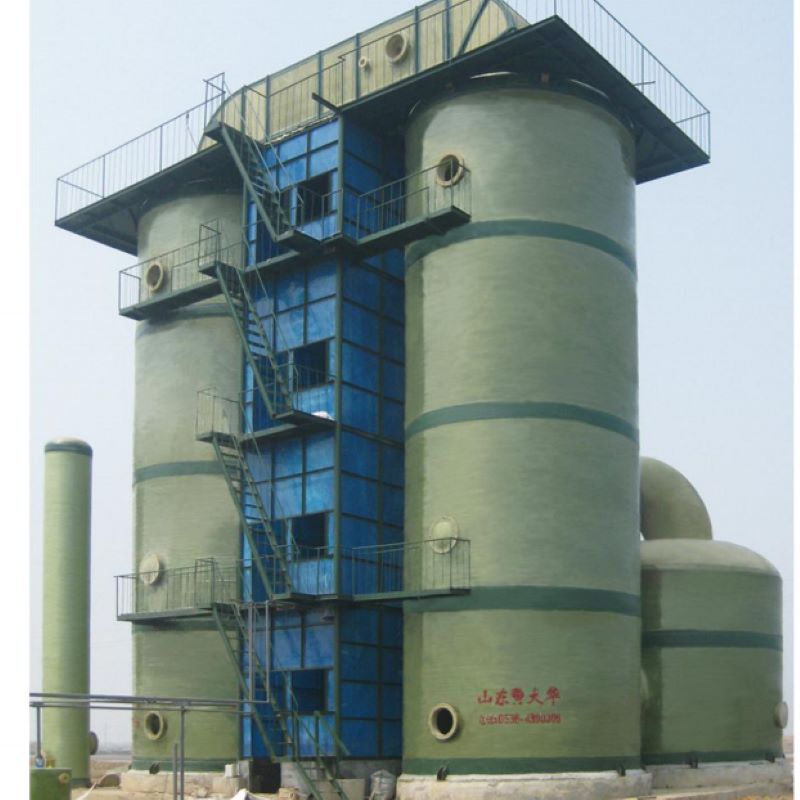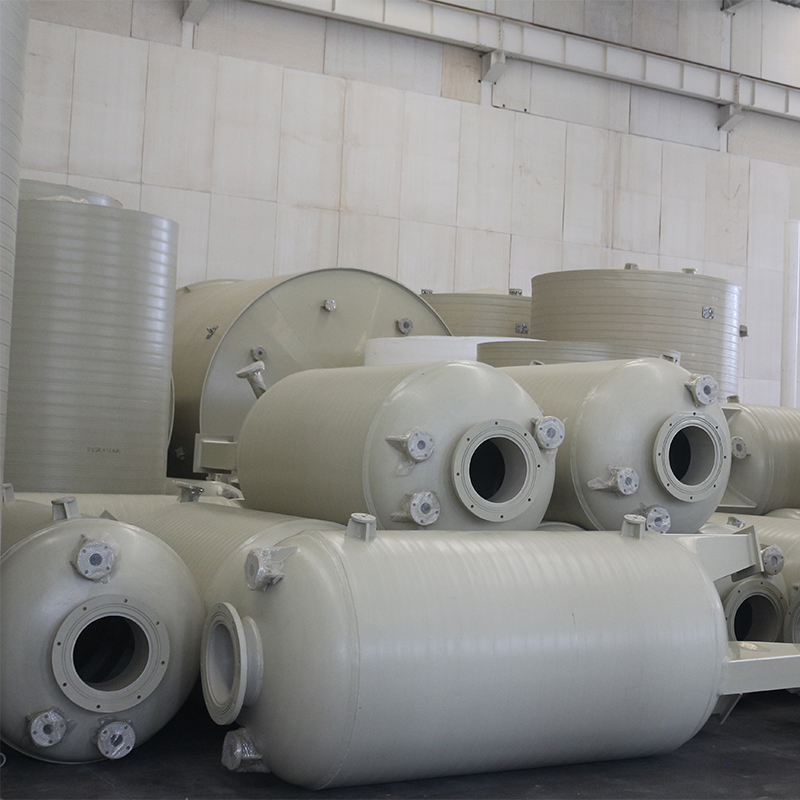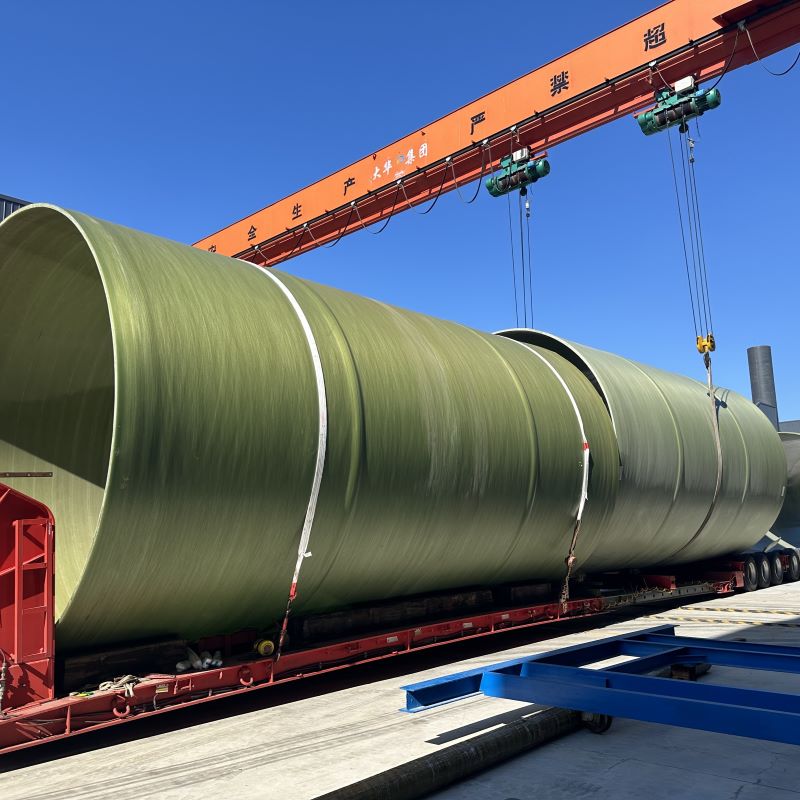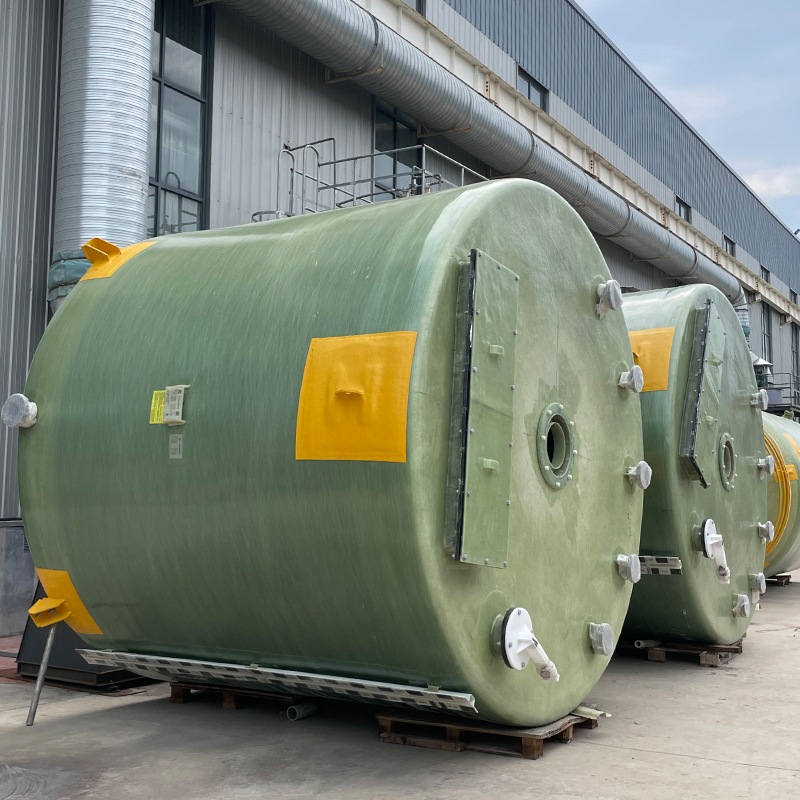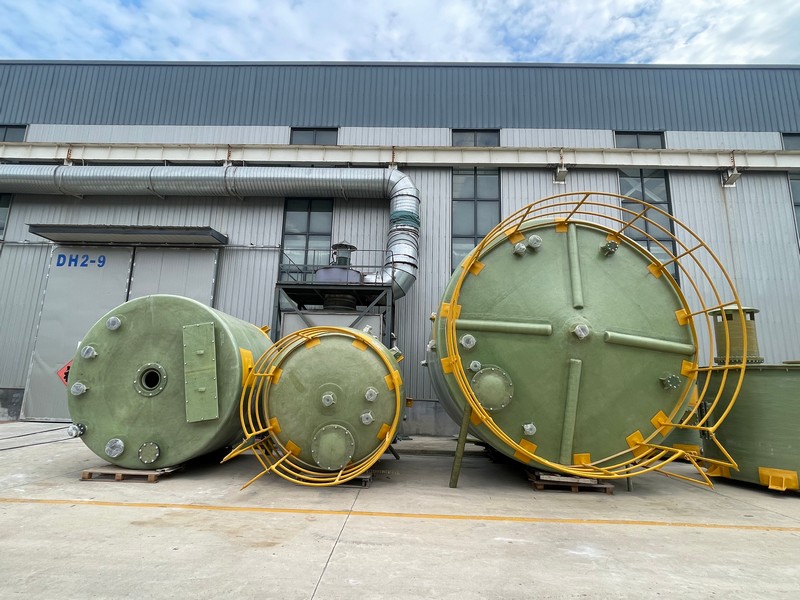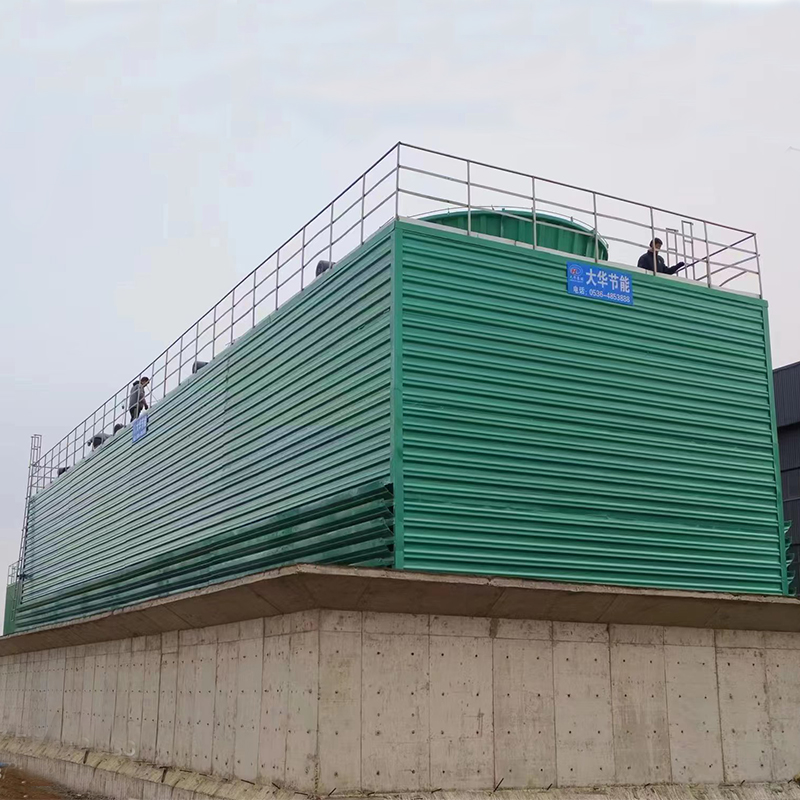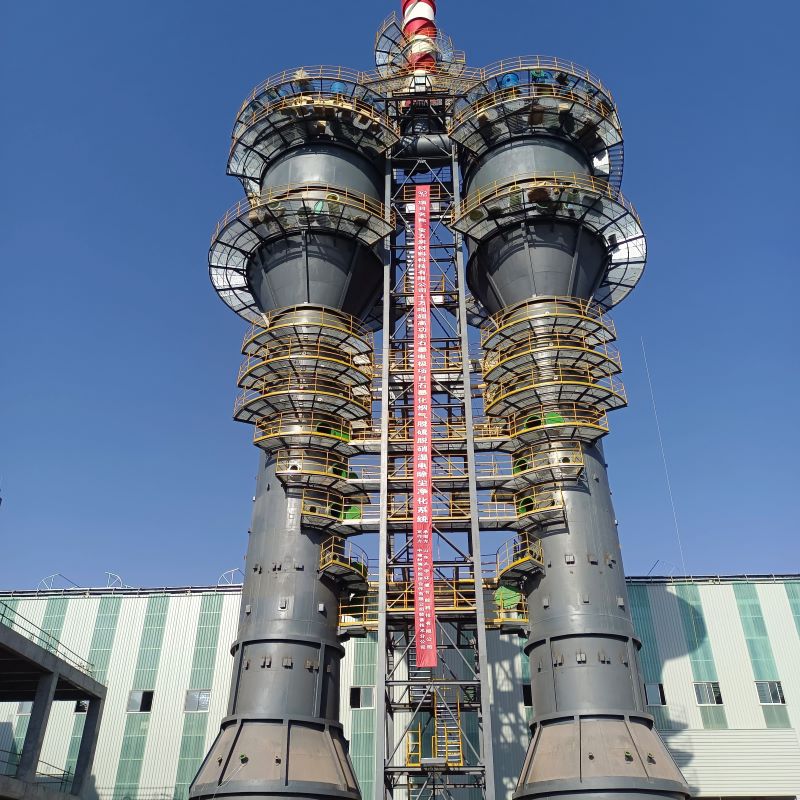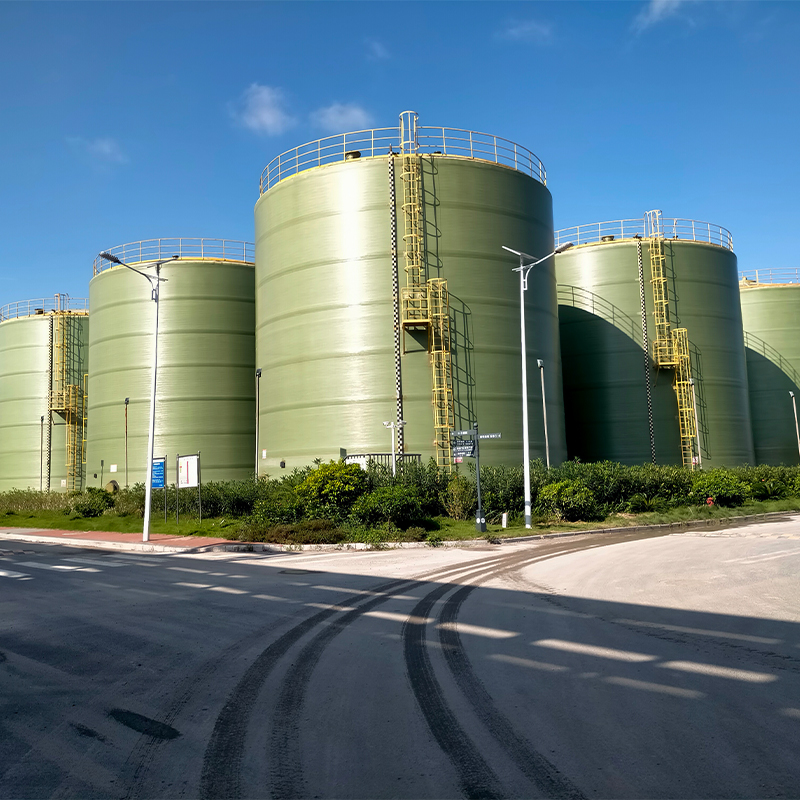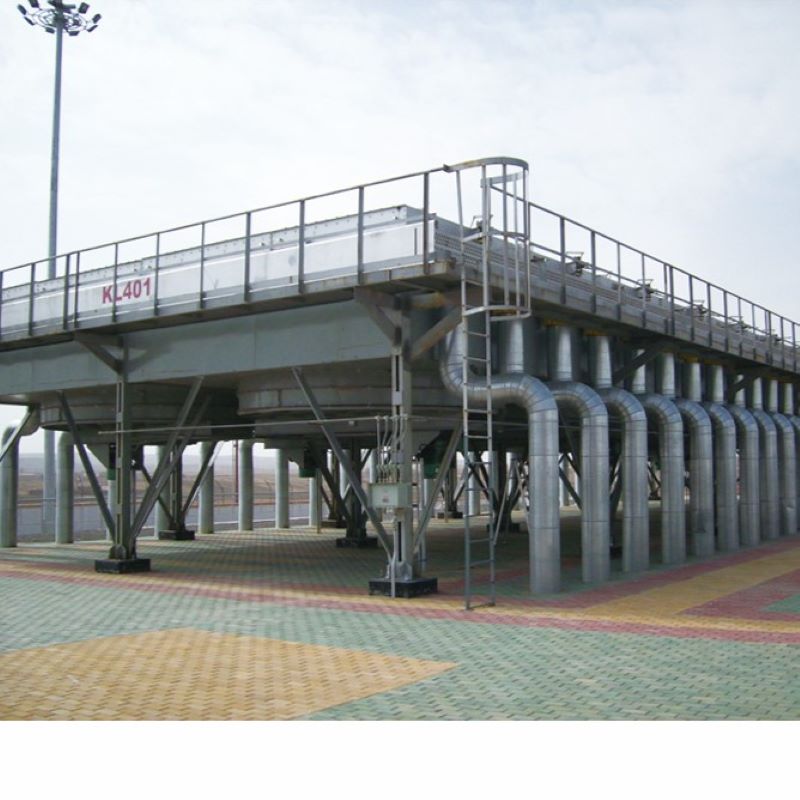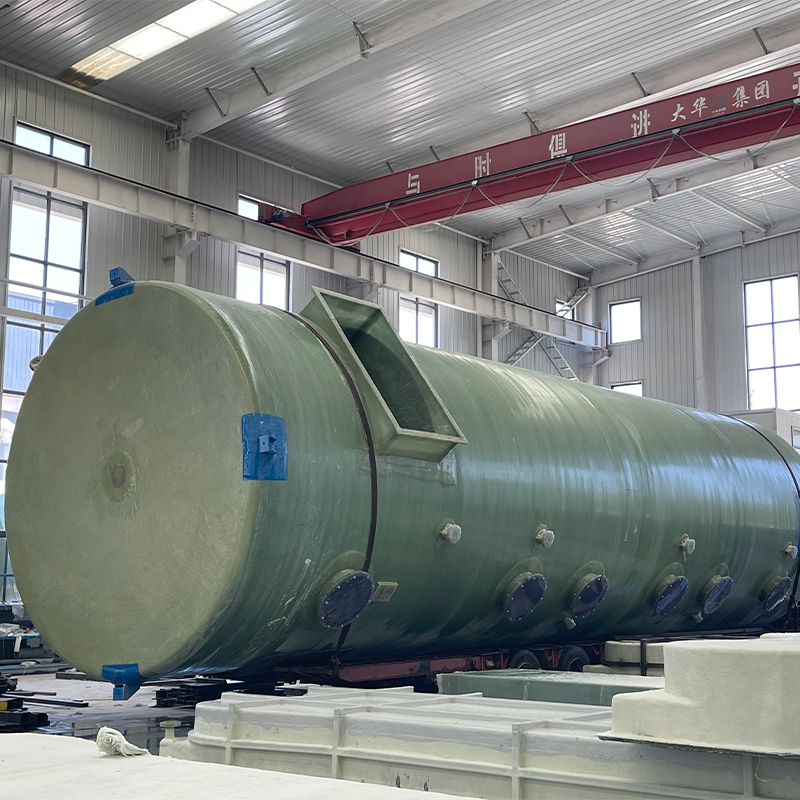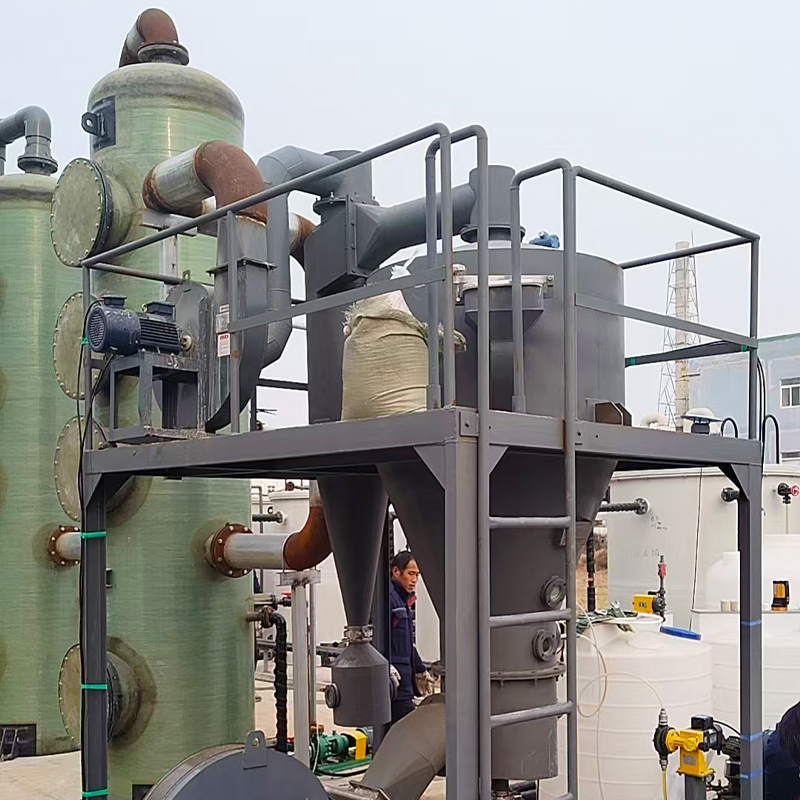
China FRP Mixing Barrel
Understanding the Intricacies of China FRP Mixing Barrel
When it comes to industrial solutions, especially with China's expansive manufacturing prowess, the FRP Mixing Barrel stands out for its versatility and durability. These barrels are employed across multiple sectors, from chemical processing to water treatment. This piece will delve deep into the practical experiences and insights surrounding these essential tools.
The Basics of FRP Barrels
Starting off, FRP — or Fiberglass Reinforced Plastics — is renowned for being lightweight yet incredibly strong. An industry misconception is that these barrels might not withstand harsh chemicals or extreme temperatures, but that's not entirely accurate. The resin used in FRP is usually tailored to meet specific environmental challenges, ensuring resilience.
I remember the first time I encountered these barrels on a factory floor in eastern China. Watching them in action, it was clear that their design wasn't just about holding content — it was about facilitating processes efficiently. Their smooth inner surfaces improve mixing homogeneity, a crucial factor I noted when dealing with sensitive chemical reactions.
One mistake often made is underestimating the need for proper barrel maintenance. I've seen operations falter not due to the barrel itself but because of oversight in regular checks and cleaning procedures, which are vital to prolong the lifespan and efficacy of the equipment.
Applications and Versatility
The functionality of the China FRP Mixing Barrel spans various industries, which is pivotal in its widespread adoption. In wastewater management, for example, these barrels help in aligning chemical treatment applications seamlessly. This adaptability is a boon, allowing industries to scale their processes efficiently.
During a visit to a pharmaceutical plant, I observed how crucial these barrels were in maintaining a sterile, contamination-free mixing environment. Their non-reactive nature ensures that no unintended chemical interaction affects product integrity — a factor that's often underestimated until it’s a costly oversight.
It's also worth mentioning how customization propels the FRP barrels’ utility. The ability to specify size, lining, and even agitation mechanisms provides industries with bespoke solutions, minimizing disruptions in operation.
Challenges and Considerations
No piece of equipment is without its challenges, and the FRP Mixing Barrel is no exception. One common issue is structural integrity under prolonged high temperatures. This is why specifying the right resin and construction material during the procurement phase is critical. I’ve seen a project stall due to improper specifications leading to barrel damage, emphasizing the need for expert consultation.
There's also the challenge of regulatory compliance. Different sectors have varied standards, and meeting these is non-negotiable. Close collaboration with manufacturers ensures the barrels not only perform as expected but do so within the stringent guidelines industries often impose.
Furthermore, transportation logistics can sometimes complicate large-scale installations. It’s not merely about the destination; the path involves ensuring there's no undue stress on the barrels during transit. Proper handling is half the battle won.
Choosing the Right Supplier
Finding a reputable supplier goes beyond cost-efficiency. It’s about reliability and quality assurance. On this note, companies like Shandong Dahua Group (https://www.sddahuagroup.com) have been making significant strides, offering products that meet high-performance standards.
One aspect to consider is the after-sales service. A supplier who stands behind their product can offer insights and troubleshooting that you might not immediately anticipate. During a collaboration with a supplier who didn’t offer this, I learned just how invaluable these services could be.
Having spent ample time assessing various suppliers, I've found that transparent communication about material choices and testing methods is a definitive mark of reliability. It’s a partnership, not just a purchase.
Concluding Thoughts
Reflecting on the use of the FRP Mixing Barrel within Chinese industries, it’s apparent that their role is pivotal and broad. From handling aggressive chemicals to supporting stringent pharmaceutical protocols, these barrels are indispensable.
The key takeaway is clear communication and understanding what you need. The more informed you are about the possibilities — and limitations — of FRP barrels, the more effectively you can integrate them into your operations. In the end, it's about leveraging the unique strengths they offer, ensuring they align with your specific industrial needs.
Ultimately, as practical experience shows, the true value of these barrels lies not just in their production, but in their adept application within ever-evolving industrial landscapes.
Соответствующая продукция
Соответствующая продукция
Самые продаваемые продукты
Самые продаваемые продуктыСвязанный поиск
Связанный поиск- Best Chemical-Resistant FRP Storage Vessel supplier
- China FRP Process Tank product
- high quality high efficiency evaporative cooler product
- Best canature frp tank exit
- Best FRP Collection Tube Pricing exit
- high quality frp tank manufacturer product
- OEM FRP anode tubes supplier
- Best pp frp storage tank Manufacturer
- FRP Collection Tube Supplier product
- rooftop evaporative cooler price


